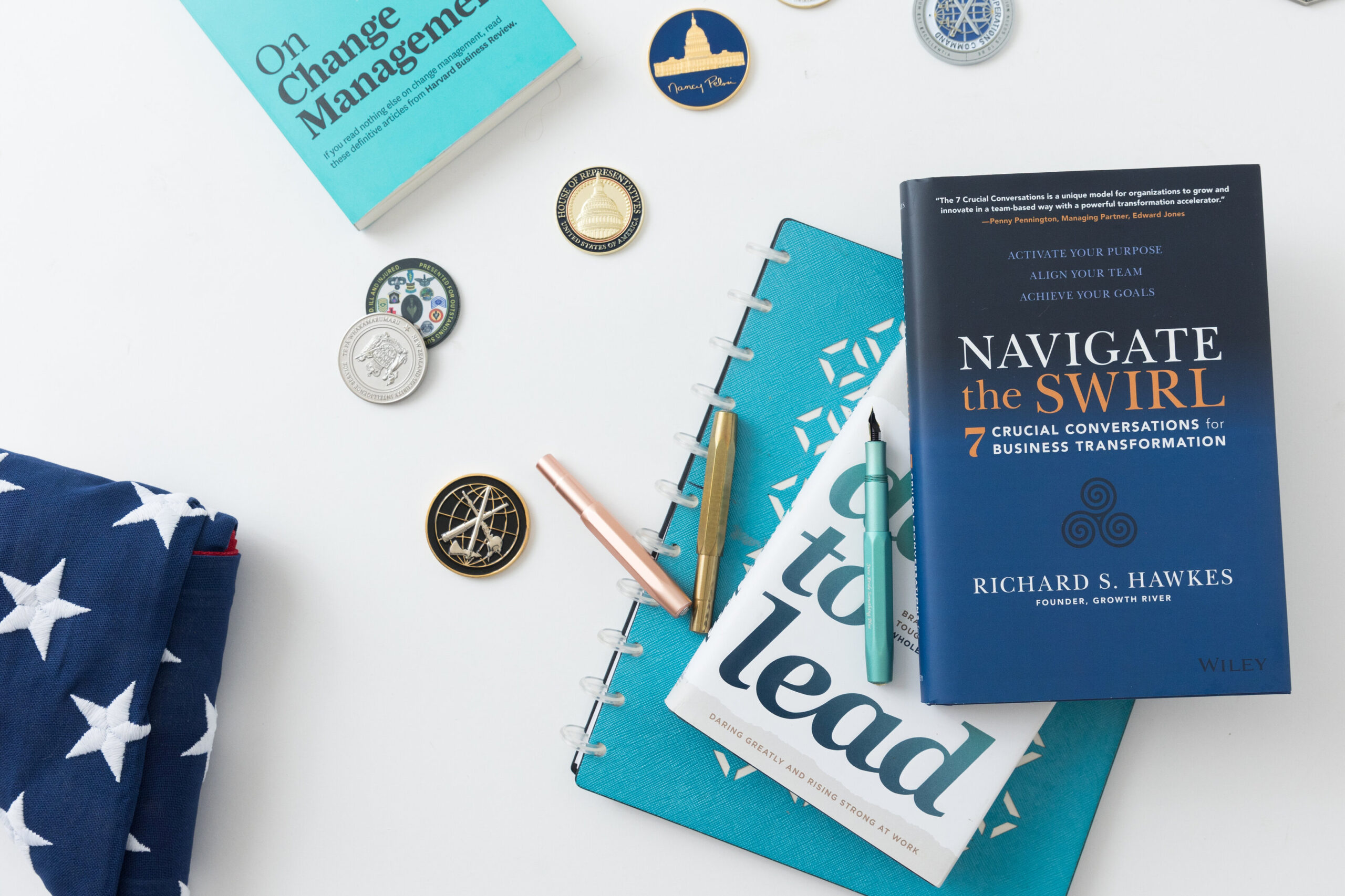How do you link the ability to adapt in today’s complex environment and Kotter’s model of change to a long-dead Confederate General who spent the days leading up to the Battle of Gettysburg imbibing in whiskey from copper cups at Carlisle Barracks? Masterfully.
Recently, I was telling some friends how excited I was to conduct a workshop with a colleague at Gettysburg on adaptability and change—and how I planned to connect it to Brigadier General Alfred Iverson. Their immediate response? “What does the basketball player have to do with the Battle of Gettysburg?” Nothing. Absolutely nothing.
The Tragic Lesson of Brig
Gen. Alfred Iverson. On July 1, 1863, over 900 of Iverson’s 1,384 men were killed at the Battle of Gettysburg at Oak Hill. It was the deadliest single volley in U.S. history. How did it come to this? My colleague, soon-to-be-retired Army Lieutenant Colonel Eli Myers, and I explored this question in a recent workshop. Part drunk history, part psychological profiling, part change management framework, the workshop was an opportunity to apply lessons from Iverson’s leadership failure to today’s complex environments.
Iverson’s failure at Gettysburg was a textbook case of poor leadership and an inability to adapt. Commanders must read the battlefield, adjust their plans, and communicate effectively with their teams. Iverson did none of these things. He failed to scout the terrain, coordinate with his fellow officers, or inspire his men. His mistakes led to catastrophic losses that reverberated through history.
Learning from the Past
There are countless opportunities to learn from history about how to adapt (or failing to adapt) and how that shapes us as human beings. Our ability to manage complex, changing environments—and how we filter information—is informed by who we are: our past experiences, biases, and resilience in the face of adversity. Leaders today face rapidly changing environments that demand adaptability, quick decision-making, and the ability to learn from others’ successes and failures.
What if we could take lessons from leaders like Iverson and apply them to modern-day challenges? History provides a rich source of case studies in leadership, adaptation, and resilience. By examining these stories, we gain valuable insights into what works and what doesn’t.
A Partnership Forged in History and Leadership
I had the privilege of working for Eli years ago at a joint military unit in the National Capital Region. There, I witnessed not only his love for history but also his ability to adapt and lead through the craziest of times and situations. His passion for leadership and historical analysis now fuels our partnership as we offer workshops and consultations on leadership and business challenges.
Our workshop at Gettysburg was a blend of storytelling, analysis, and practical application. We explored not only Iverson’s failures but also the broader lessons of the Civil War—how leaders managed (or mismanaged) change in high-stakes situations. By framing these lessons within Kotter’s model of change and other contemporary frameworks, we provide actionable strategies for today’s leaders.
Why Adaptability Matters
Adaptability isn’t just a skill; it’s a mindset. Leaders who can adapt to change are better equipped to navigate uncertainty, inspire their teams, and achieve their goals. But adaptability doesn’t come naturally to everyone. It requires practice, reflection, and often a fresh perspective.
Our workshops are designed to help leaders develop this mindset. Whether it’s analyzing historical figures like Iverson or exploring modern-day challenges, we aim to provide participants with the tools they need to succeed in complex environments. We customize our workshops to meet your unique needs and interests. Do you have a favorite leader or moment in history? Let us analyze it for you and uncover the lessons it holds.
Final Thoughts
The story of Brig. Gen. Alfred Iverson is a cautionary tale about the perils of poor leadership and the inability to adapt. But it’s also an opportunity to reflect on how we, as leaders, can do better. By learning from the past and applying those lessons to the present, we can navigate today’s challenges with greater confidence and effectiveness.
If you’re ready to explore what history can teach us about leadership and change, let’s talk. Whether it’s Gettysburg, another battle, or a different historical moment, we’re here to help you uncover the insights that matter most for your leadership journey.

Be the first to comment